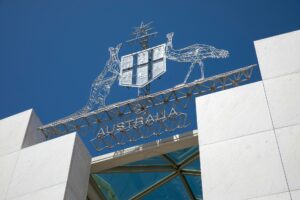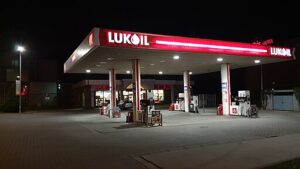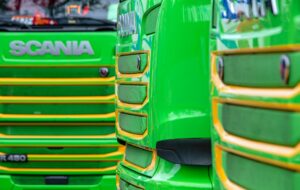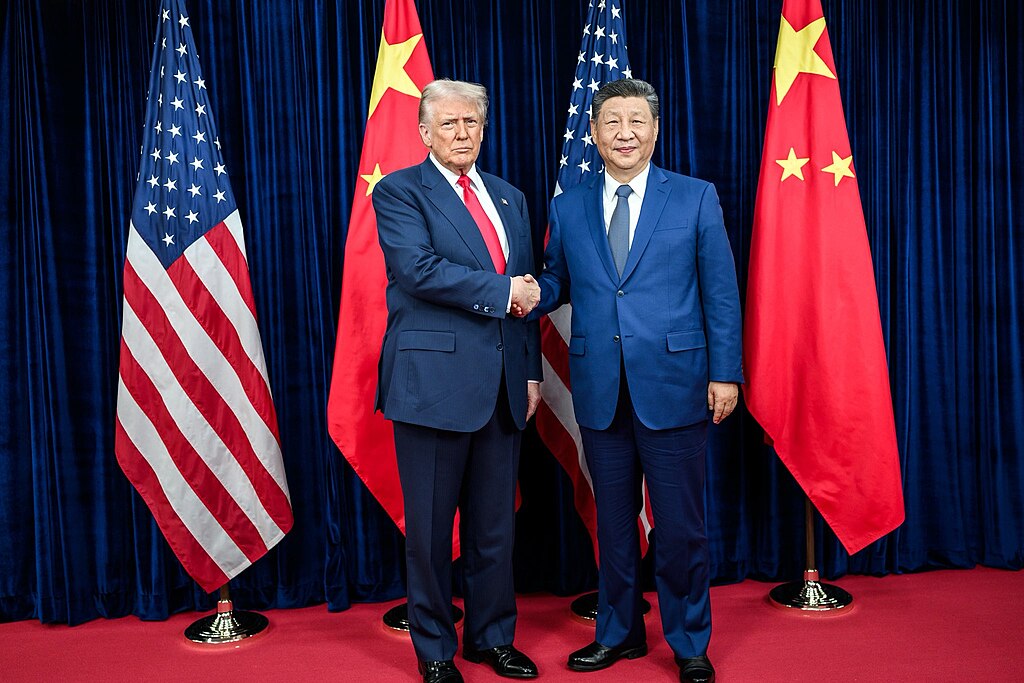Today’s ESG Updates
New Trade Deal Between Trump and Xi Jinping Pauses Trade War: U.S. President Donald Trump and Chinese President Xi Jinping agreed to suspend major tariffs and export controls.
Australia’s New Environmental Protection Bill to Boost Growth and Sustainability: The Australian government introduced a bill to streamline project approvals and enhance environmental protection.
Lukoil Sells Global Assets to Swiss Energy Firm Amid U.S. Sanctions: Russian oil giant Lukoil will sell its international assets to Gunvor following strict U.S. sanctions tied to the war in Ukraine.
European Truckmakers Urge EU to Ease CO₂ Rules: Volvo, Daimler Truck, and Scania called on the European Commission to relax emissions targets, citing high electrification costs and poor charging infrastructure.
New trade deal between Trump and Xi Jinping pauses trade war between the countries
Chinese President Xi Jinping and U.S. President Donald Trump met in person for the first time since 2019 on Thursday in Busan, South Korea. The U.S. dropped the threat of 100% tariffs, while China agreed to suspend export controls on rare earths. Trump claimed that the issue of rare earths will be renegotiated yearly and stated, “There’s no roadblock at all on rare earths – that will hopefully disappear from our vocabulary for a little while.” He also claimed that China agreed to purchase “tremendous amounts” of soybeans from the United States. In return, the U.S. agreed to halt technology-related export controls and lower fentanyl-related tariffs from 20% to 10%. While the agreement lessens growing tensions between the two countries, it failed to roll back existing trade barriers.
***
Further reading: Trump and Xi reach trade deal, easing tensions in fierce US-China rivalry
Australia’s new environmental protection bill will aid businesses and the environment
 The new environmental protection bill is good for the planet and good for the economy. Photo Credit: Marcus Reubenstein
The new environmental protection bill is good for the planet and good for the economy. Photo Credit: Marcus Reubenstein
The Australian federal government introduced an environmental protection bill in Parliament on Thursday. The bill aims to speed up environmental approval timing for construction projects by simplifying greenhouse gas reporting requirements, providing more precise definitions for “unacceptable impacts”, and introducing stricter fines for violating requirements. Under the new bill, housing and renewable energy projects, gas facilities, and mines should all receive faster environmental approvals. Murray Watt, the Australian Environment Minister, said, “We’ve seen housing, renewables and other projects strangled in red tape at a time that we desperately need them delivered.” The government hopes that quicker approval will deliver A$6.9 billion ($4.5 billion) in economic benefits each year, aiding both the environment and businesses. Corporations that are unsure of country-specific regulations can look to ESG solutions for guidance.
***
Further reading: Revamped Australian environment law will help business and nature, government says
Featured ESG Tool of the Week:
Klimado – Navigating climate complexity just got easier. Klimado offers a user-friendly platform for tracking local and global environmental shifts, making it an essential tool for climate-aware individuals and organizations.
Lukoil sells assets to Swiss energy trading firm
 U.S. sanctions are intended to put pressure on the Russian government. Photo Credit: Wikimedia Commons
U.S. sanctions are intended to put pressure on the Russian government. Photo Credit: Wikimedia Commons
Lukoil, a Russian oil company that currently operates approximately 5,000 petrol stations worldwide, announced that it would sell its international assets to Swiss-based firm Gunvor. This comes after U.S. President Donald Trump imposed strict sanctions on the company on October 22. The U.S. Treasury stated that these sanctions were “a result of Russia’s lack of serious commitment to a peace process to end the war in Ukraine.” In response to the sanctions, Lukoil announced it would cease all international operations and is currently seeking buyers. In a statement released Thursday, Lukoil said that the sale of its assets was “due to restrictive measures of some states introduced against the Company and its subsidiaries.” Companies committed to clean energy investments should use ESG solutions.
***
Further reading: Lukoil sells foreign assets to Swiss-based firm after punishing US sanctions
European truck manufacturers ask for eased CO₂ emissions rules
 Scania’s CEO, Christian Levin, called the Oct. 13 letter a “cry out for help.” Photo Credit: Ricardo Gomez Angel
Scania’s CEO, Christian Levin, called the Oct. 13 letter a “cry out for help.” Photo Credit: Ricardo Gomez Angel
European truckmakers, including Scania, Daimler Truck, and Volvo, have asked the European Commission to ease its emissions regulations. The manufacturing companies claim the current targets are too difficult to meet, given high electric truck costs, a lack of industry control over battery supply chains, and poor charging infrastructure. In an October 13 letter, they urged the EC to adjust its credit system so manufacturers earn credits for beating overall targets rather than meeting a strict yearly path. A spokesperson for Daimler Truck said the company faces “draconian” penalties for missing targets, despite its heavy focus on electric trucks. Environmental groups warn that weakening the rules could benefit Chinese competitors and slow the region’s transition to electrification.
***
Further reading: Truckmakers ask EU for looser emissions targets, letter shows
Editor’s Note: The opinions expressed here by the authors are their own, not those of impakter.com — In the Cover Photo: U.S. President Donald Trump and Chinese President Xi Jinping meet in Busan, South Korea. Cover Photo Credit: Wikimedia Commons

